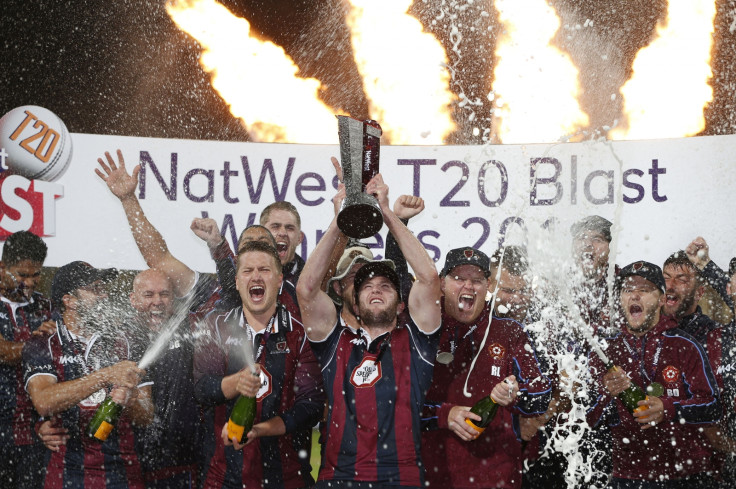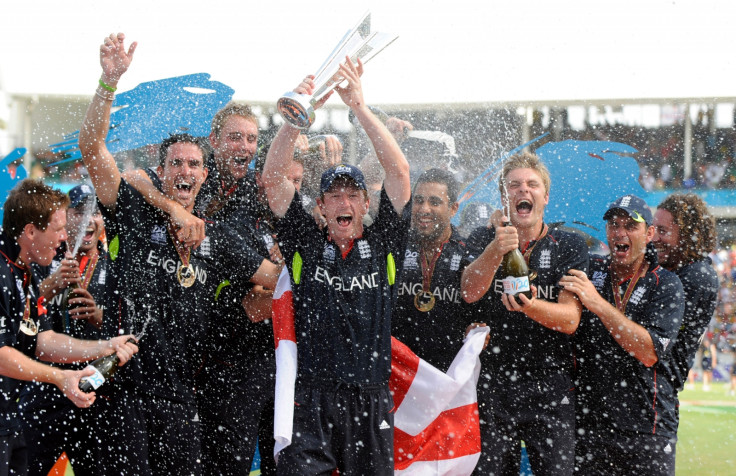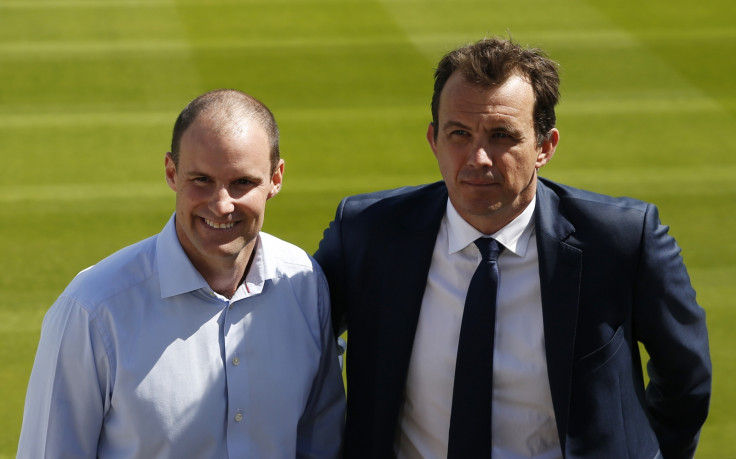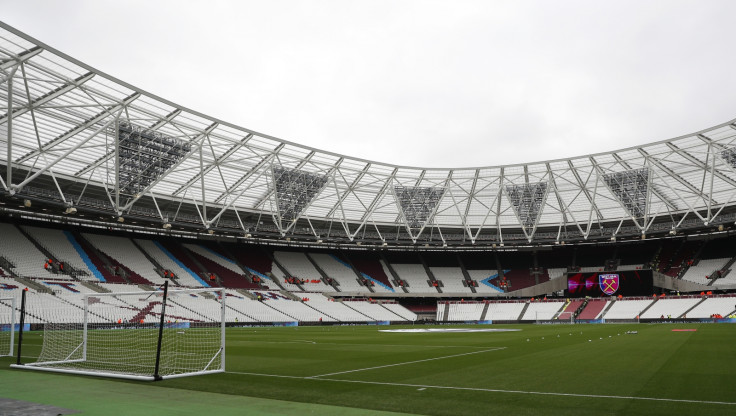New T20 competition – all you need to know about English cricket's answer to the IPL

KEY POINTS
- Eight franchise-based teams will contest 36 matches over 38 days from 2020.
- Matches will 'significantly' feature on free-to-air television.
- Eighteen counties will earn £1.3m each as part of the deal.
You would be forgiven for thinking that the triggering of Article 50 was the only important piece of legislature being passed in principal this week. At Lord's – very much sport's answer to the Houses of Parliament – a change in the England and Wales Cricket Board's constitution has paved the way for a franchise-based Twenty20 competition to rival the Indian Premier League and Australia's Big Bash.
After the alteration to the regulations which was voted for by the 18 counties, which the ECB executive board will ratify on Tuesday [28 March], plans for a competition including regions can finally be pursued. A postal vote of the 41 members of the ECB will now be conducted to officially confirm the change but the move to a franchise-based tournament now seems irreversible.
Many of the details are still to be ironed out, not least the broadcast deal which could yet see a selection of matches appear free-to-air television much like the equivalent competition Down Under. But what else do we know about this event which will change the landscape of English domestic cricket?
When will the tournament take place?
The ECB have pencilled in 2020 for the inaugural T20 competition, but where it appears on the calendar is still to be decided. Initial suggestions are that the tournament will place from the last week in July and throughout August. The NatWest T20 Blast, which will continue to be contested between the 18 counties, will be moved to the end of May and June to accommodate.

Who will compete in the new competition?
For the first time in over a century, a top tier domestic cricket competition will take place without the presence of any of the 18 county sides. Instead, regions will be formed from the existing clubs. The possible teams include: North London, South London, West, Red Rose, White Rose, Birmingham, Trent Bridge and South.
How will it work?
It is within the mechanics of the new tournament where the ECB hope it can eventually rival the IPL and the Big Bash, which have both enjoyed enormous global success. The tournament will comprise of 36 games over 38 days; a condensed format which will attempt to draw in the masses.
Each team will have four home games, and in the case of several they will be rotated around the area from which they hail. For example, West could play at the Swalec Stadium, Bristol and Taunton. After its inaugural season, non-cricket grounds – such as the Olympic Stadium which will host World Cup matches in 2019 – will be used to host games. Each team will have a squad of 15 players, with a maximum of three overseas players per side.

Instead of an auction system a la the IPL, each team will draft 13 players each from six salary bands. Two additional players will be selected on a wildcard basis. The timing of the event dictates that England's Test players will be unavailable for selection. An IPL play-off system will hope to encourage teams to finish higher up the league table.
Why have the 18 counties agreed to this?
Fundamentally, the counties are wholeheartedly against this change but they have little choice but to fall in line. The promise of at least £1.3m, or an equal share of total net revenues – whichever is higher – annually for five years means all 18 counties are in no position to challenge the ECB. Many clubs are in a crippling financial position, and even those who are hosting Test matches on a regular basis can't afford to turn down the rewards on offer.
The additional carrot for the counties is the exposure for the game on free-to-air TV, with the BBC touted as a potential destination for part of the tournament. Advanced ticket sales for the Blast are up 35% and this could be significantly improved if more people have access to watch the vast talent within the domestic game. The ECB have promised the event will have "significant" exposure on terrestrial television.

What about the NatWest T20 Blast?
Much in the same way international T20 has overshadowed other formats, it is impossible not to foresee the current domestic tournament slipping into irrelevance. Despite ticket sales improving the Blast will be moved to accommodate the new competition and essentially play second fiddle.
Though the ECB oversaw the inaugural T20 match in 2003, they have seen rival leagues from India, Australia and beyond leap ahead of them in the pecking order. England won the World Cup in 2010 but they have often struggled in the competition, primarily down the ECB not allowing their players to regularly test themselves against the best in the world either abroad or by creating an elite competition in this country.
Essentially, this competition is a belated way of masking over previous mistakes, with the tradition of the 18 counties sacrificed at the expense of financial gains. Whether it can improve England's World Cup performances, which has seen them fail to reach the knock-out stage in four of their six appearances, remains to be seen.

What have the ECB said?
Chief executive Tom Harrison is naturally enthusiastic about the deal and says it will assist in growing the game outside of the current country structure. "This is about growth and securing our future," he said. "As guardians of the game, it is the responsibility of all of us to steer cricket to a strong future and to pass it on in even better shape.
"A new T20 competition can be the most globally relevant, fresh and dynamic tournament in world cricket, built for here but highly valued all around the world. We are putting in place the building blocks where we have more kids playing the game, a fan base that is growing, a financially healthy network, thriving First Class Counties, with each of our England teams and our domestic competitions delivering and having clearly defined roles.
"That was what today was all about and I firmly believe that a new T20 competition – presented, staged and delivered in the right way – can be such a positive catalyst for the game here in England and Wales to attract a family audience. We recognise the challenges we face in cricket, including competition from other sports, driving participation, changing viewing habits, different working patterns and financial sustainability.
"This is a huge opportunity here for our game and if we grasp it, the future is truly exciting. We have already come a long way together over the last 18 months. All this progress is taking cricket in England and Wales to a very good place and it has come through debate, discussion, listening and building consensus."
© Copyright IBTimes 2025. All rights reserved.






















